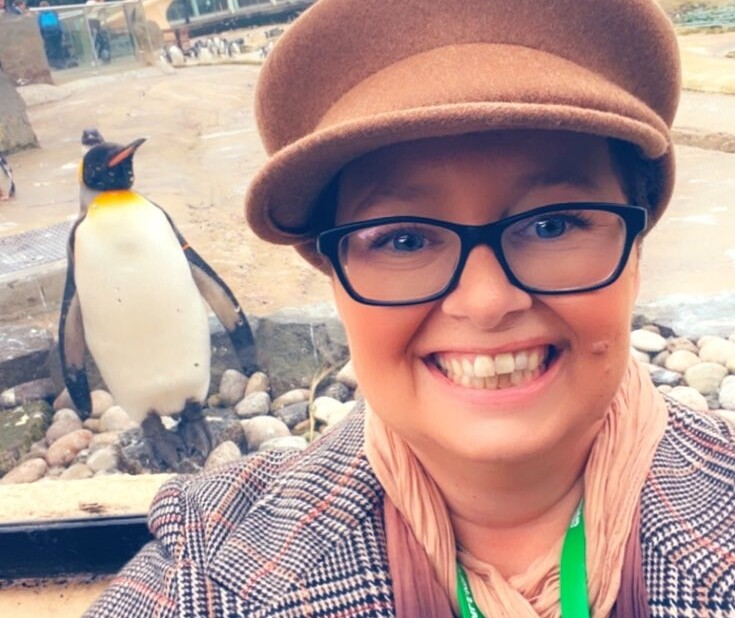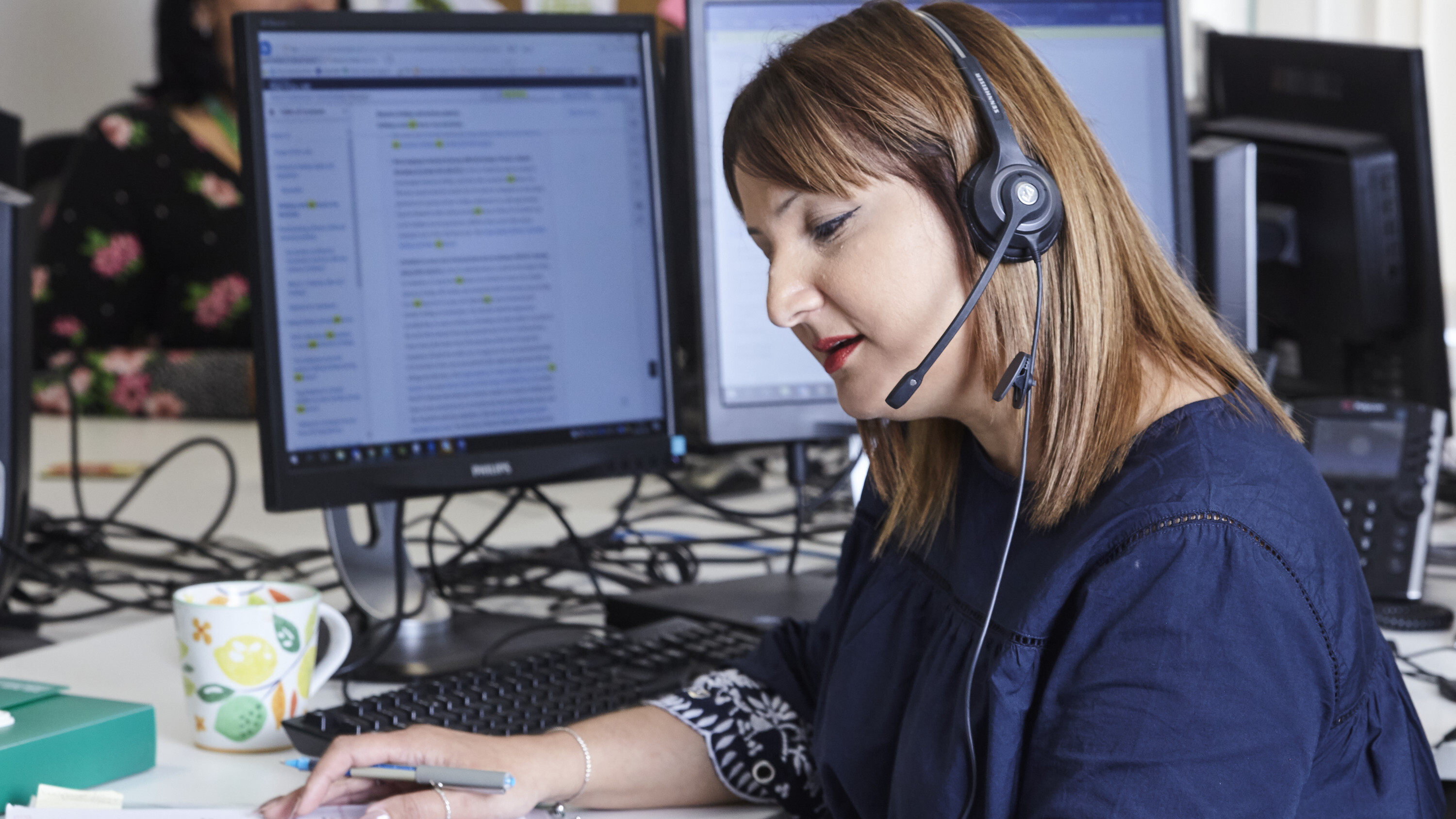Menopause Awareness Month
October is World Menopause Awareness Month. This year the theme is Lifestyle Medicine. It highlights how everyday choices like food, movement, sleep, stress management, and self-care can make a real difference to how people experience menopause.
For people having cancer treatment, menopause or menopause-like symptoms can happen earlier than expected. Knowing what to expect and the support available can make this time easier.


Can cancer treatment cause menopause or menopause-like symptoms?
Yes. Some cancer treatments change hormone levels. This can trigger symptoms that are similar to, or bring on, the menopause.
This can affect:
- people having chemotherapy or hormonal therapy, such as Letrozole (Femara®)
- people having hormone therapy for prostate cancer
- people who have surgery that affects their hormone-producing organs
Cancer Professionals Podcast: Menopause and cancer: What we need to talk about
This episode features insights from Dani Binnington, founder of Menopause and Cancer, and Professor Richard Simcock, Chief Medical Officer at Macmillan and Consultant Clinical Oncologist, who highlights the complexities of menopause as a result of cancer treatments.
If you work in cancer care or are interested in developments in this area, listen to the Cancer Professionals Podcast where you can hear from expert guests and find out about the latest innovations and best practice.
What are the common symptoms?
Symptoms can include:
- hot flushes or night sweats
- changes to sexual health, such as vaginal dryness or reduced sex drive
- trouble sleeping
- mood changes, anxiety or low mood
- brain fog or difficulty concentrating.
You can ask your GP any questions you have and let them know if you have any concerns about symptoms or treatments.
We have more information about menopause and cancer treatments.
Everyday steps that might help
Eating well
Eating a balanced diet with plenty of fruit, vegetables, and whole grains can help protect your heart and bones. Reducing processed foods and alcohol may also ease hot flushes.
Physical activity
Being active even gentle daily exercise can lift your mood, help with sleep, and keep bones strong.
Sleep
A good sleep routine can ease fatigue and brain fog. Try to keep regular bedtimes, limit caffeine, and keep your bedroom cool and dark.
Stress management
Breathing exercises, mindfulness, or gentle activities like yoga can calm the body and reduce anxiety.
Self-care
Making space for rest, hobbies, or connecting with others supports emotional wellbeing.
Treatments and complementary therapies
Hormone replacement therapy (HRT)
Your doctor will explain if HRT is safe for you. If not, there are other options.
In England, an HRT prescription prepayment certificate (PPC) costs £19.30 for 12 months and can save money if you take eligible medicines.
Complementary therapies
Some people find that yoga, acupuncture, or breathing exercises help with hot flushes or stress. Always check with your GP before trying new therapies.Real experiences

“Hormone therapy brought on a quick menopause.” Emma
I read more about my hormone therapy tablets and injections on the Macmillan website and spoke to a couple of people on the Online Community about it. I felt like being prepared was my best course of action. I feel that the more prepared I am the better.

"I went through the menopause and that floored me on top of my cancer treatment." Karen
I was overwhelmed by everything going on. Maybe it was the menopause, the brain fog and the trauma of everything going on. I hit this wall where I did not care what happened to me. Macmillan Buddies helped to save me as I was at rock bottom. I started to take one day at a time.
Paralympian helps shine light on early menopause and cancer with Boots
In partnership with Boots we are highlighting the often-overlooked issue of early menopause caused by cancer treatment. Together, we're aiming to provide a space for women with cancer to share their experiences.
In this video, paralympic rowing cox Erin Kennedy, who was diagnosed with breast cancer and went through early menopause at 29, aims to generate greater awareness and empower people to seek the support they need to live well.
Key things to remember
- Cancer treatment can trigger early or menopause-like symptoms in people of all genders.
- Lifestyle choices including food, activity, sleep, stress management and self-care can improve how you feel.
- You are not alone. Macmillan and other organisations are here to support you.
How we can help


Our cancer information nurse specialists can help you to understand information about diagnosis and treatment.




Other organisations who can help
Other organisations offering support include:
- NHS,
- Boots health hub,
- Rock my menopause
- Queermenopause for people who identify as LGBTQ+.


